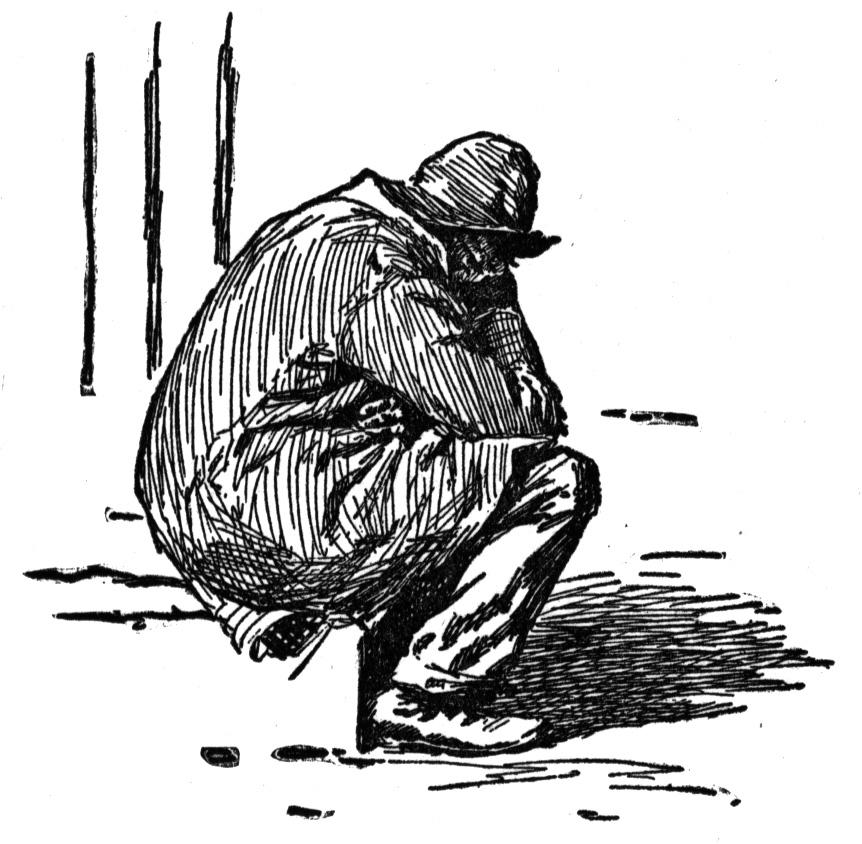 A new study led by Amanda Toler Woodward, an associate professor of social work at Michigan State University, found significant racial disparities in depression among older adults. The study of more than 2,000 American adults found that Whites and Blacks of Caribbean descent experienced much higher rates of depression than African Americans.
A new study led by Amanda Toler Woodward, an associate professor of social work at Michigan State University, found significant racial disparities in depression among older adults. The study of more than 2,000 American adults found that Whites and Blacks of Caribbean descent experienced much higher rates of depression than African Americans.
The study, published in the journal Anxiety and Depression, found that 24 percent of Whites aged 50 and over experienced major depressive symptoms at least once in their lifetimes and 9 percent had such symptoms in the year prior to the survey. For Blacks of Caribbean descent, 23 percent had been depressed during their lifetimes and 15 percent had been depressed in the year prior to the survey.
But for older African Americans, only 17 percent had been depressed at some point in their lifetime and only 7 percent had been depressed over the past year.
Black Caribbean older men experienced higher rates of depression than Black Caribbean older women. For Whites and African Americans, women tended to be more likely to have depressive symptoms than men.
Dr. Woodward stated, “This data shows that Black Caribbeans and African Americans are not as similar as one may think and when we’re thinking about diagnoses and treatment, we shouldn’t lump them together.”


Dr. Woodward: Blacks from the Caribbean and African Americans do in fact share similar histories of oppression that was inherent in the system of enslavement in both English America and in the English colonies in the Caribbean. Therefore their histories are similar.
The experiences of Black Caribbeans after enslavement to the present time could be slightly different than that of African Americans after emancipation, but I would have to conclude that both groups have more similarities than differences as it relates to depression and oppression.
Black Caribbean older men might be internalizing more of their hidden depression than older African American males or Black Caribbean older women in said age group.
I do think that you need to more comprehensive research before you draw any definite conclusions about your purported data.
I disagree with Mr. Saunders and am in agreement with Dr. Woodward. Caribbean and African Americana may have similar enslavement histories. However, there was quite a bit of comparative divergence after manumission where Caribbean blacks enjoyed greater freedoms in independent nation states that they now rule and administer.
It is after Caribbean blacks immigrate to the USA and become part of the socio-economic and political systems that envelop and animate the American society that these depressive episodes intensify. Younger Caribbean immigrants are taking advantage of greater opportunities in an ever-evolving society than the older generation.
If the author spends a year in the Caribbean and then comes to the US, they would be depressed too. Depression is influenced by many factors, including the feeling of being in a concrete jungle as opposed to chilling on the beach drinking rum.